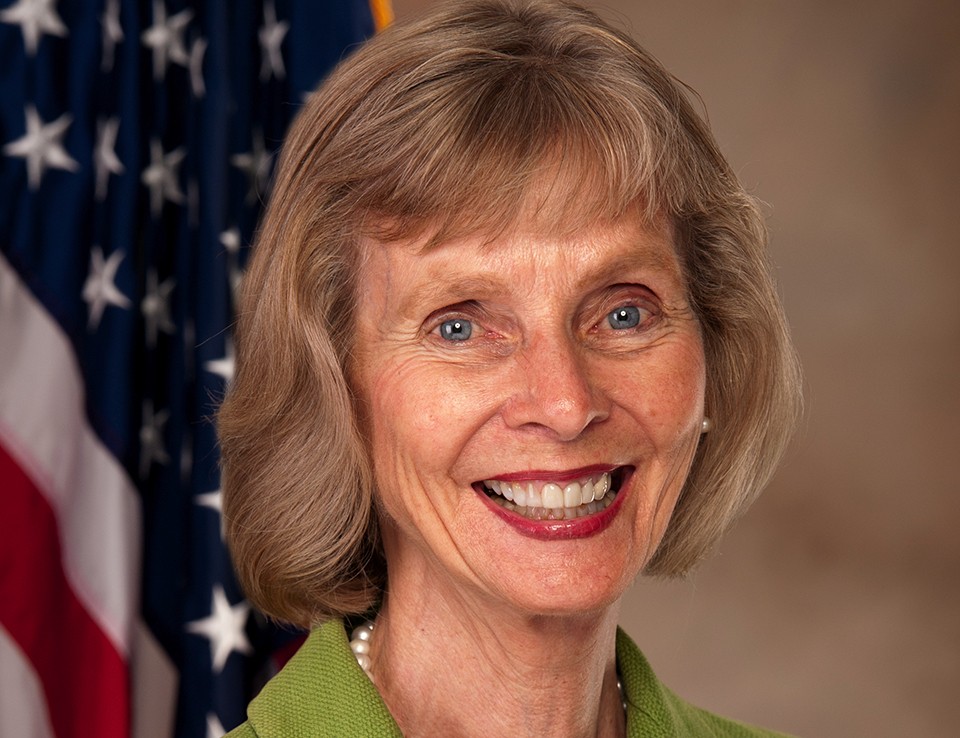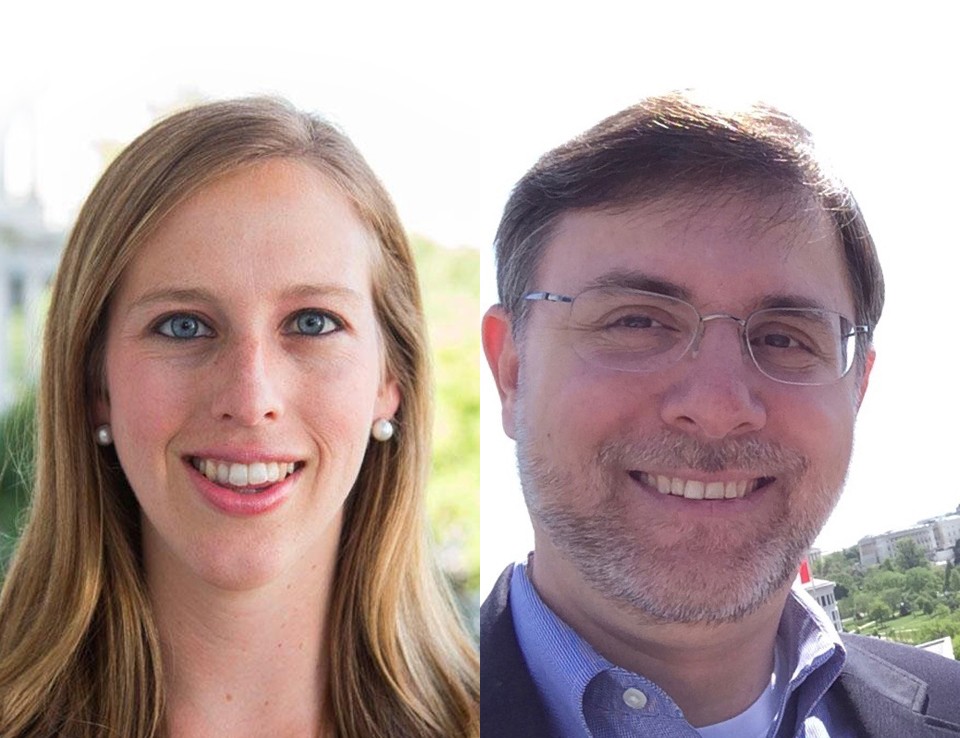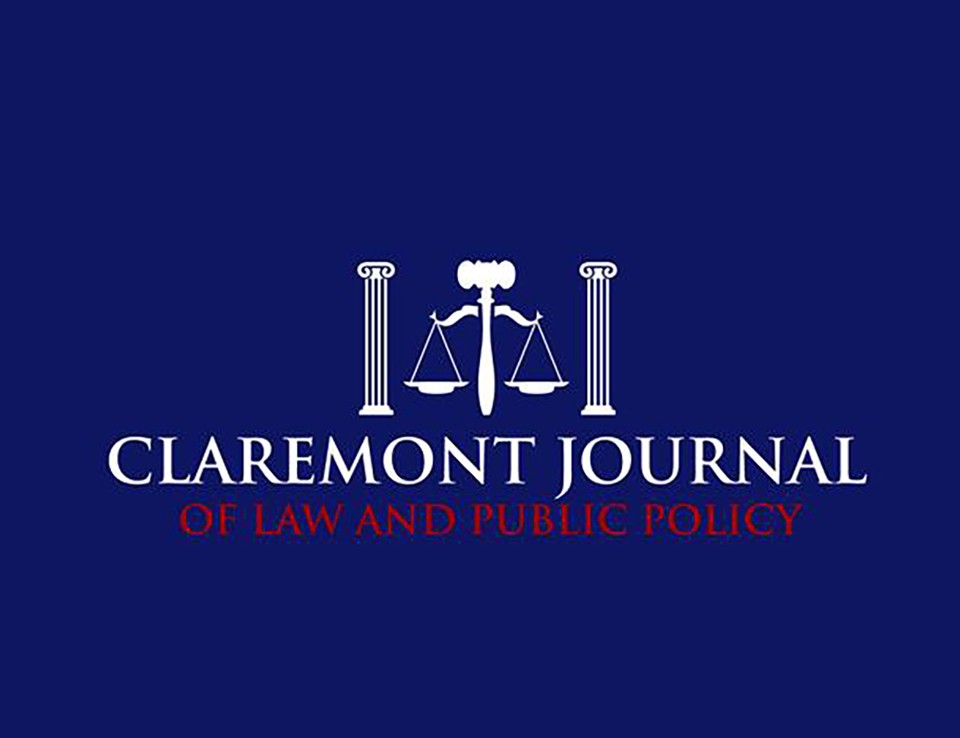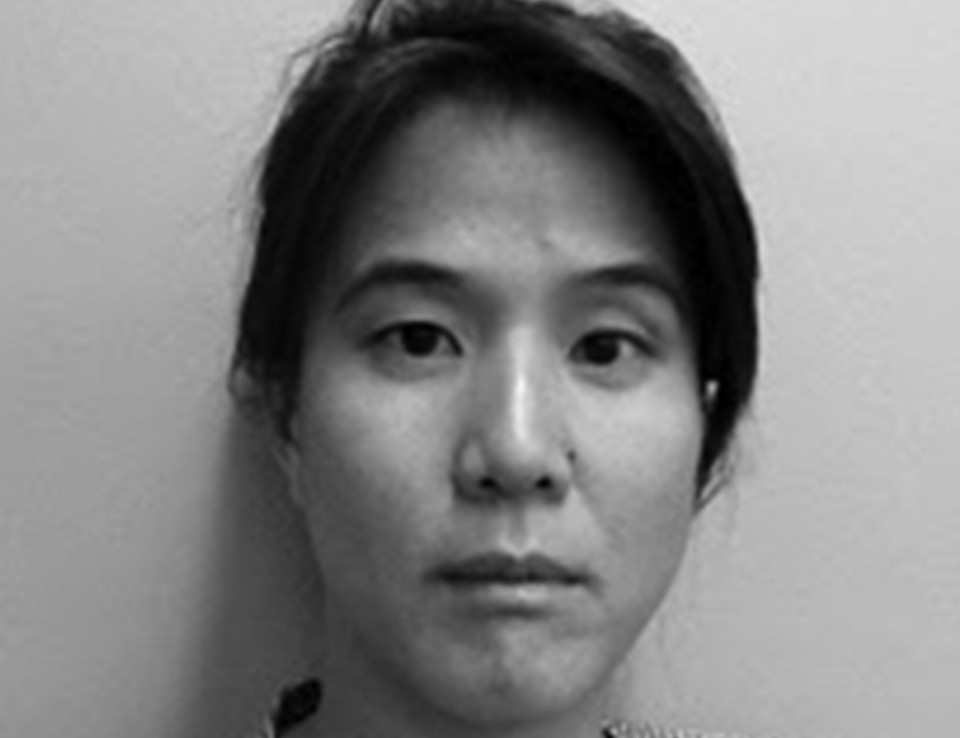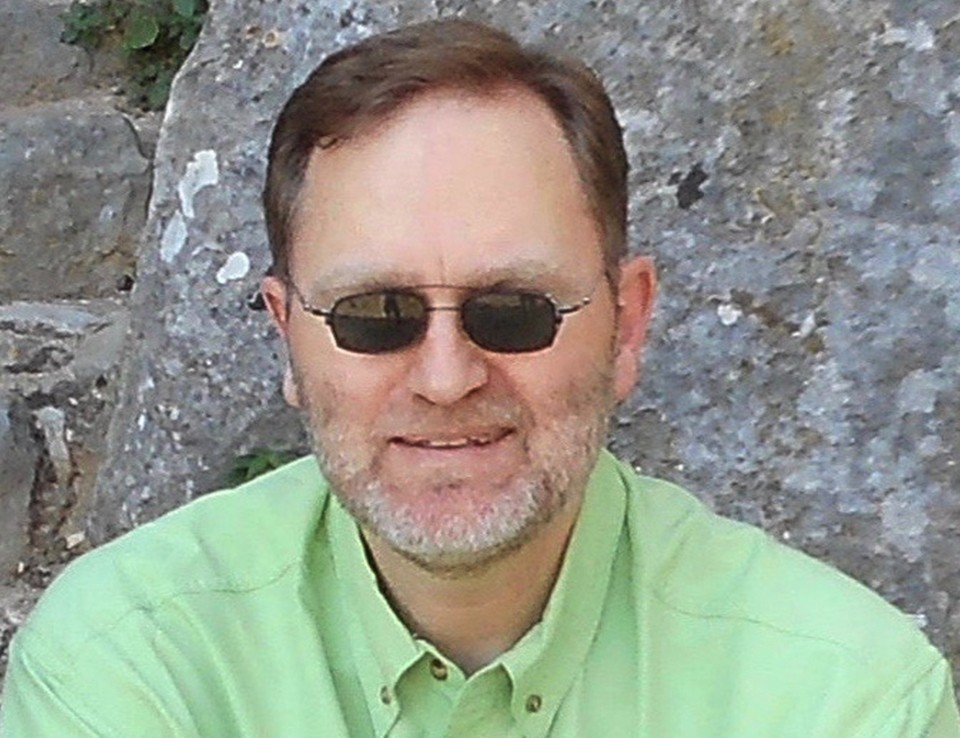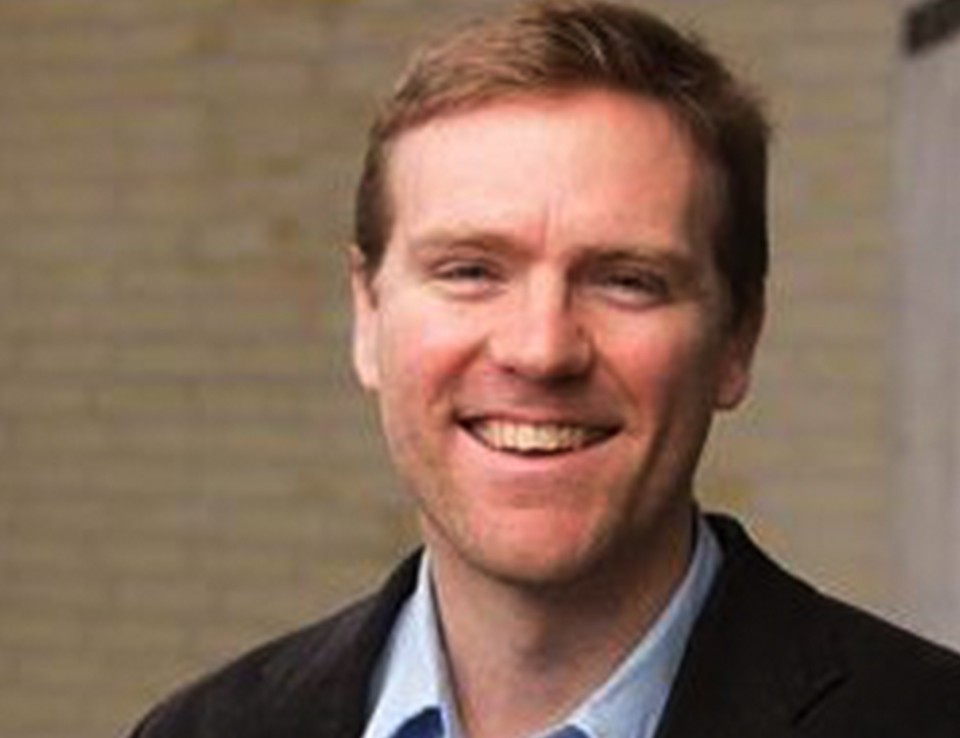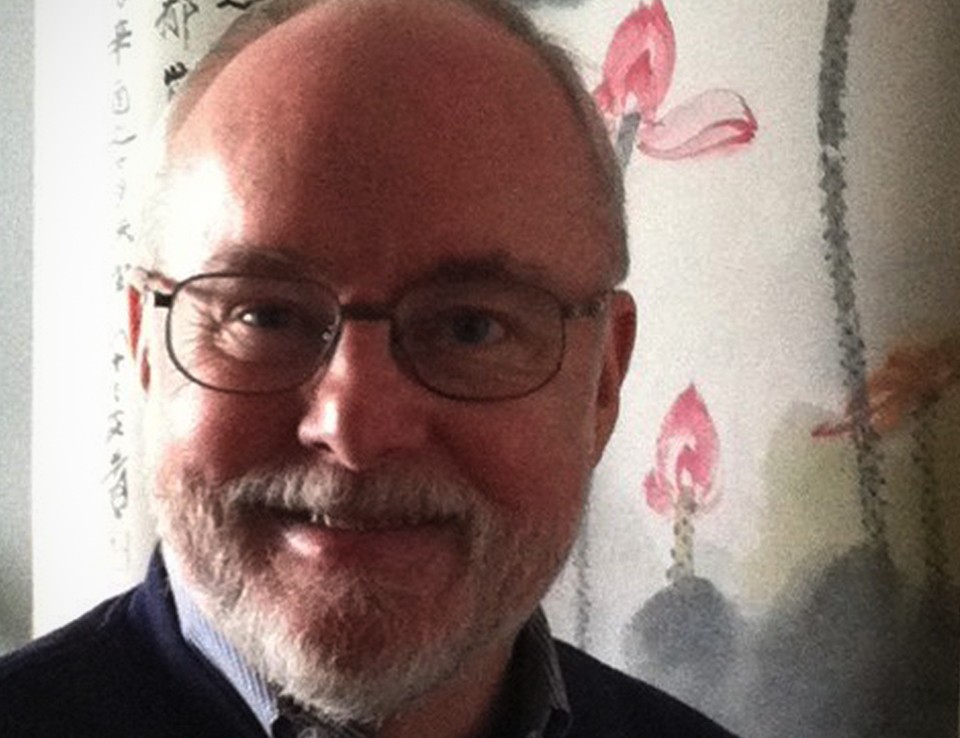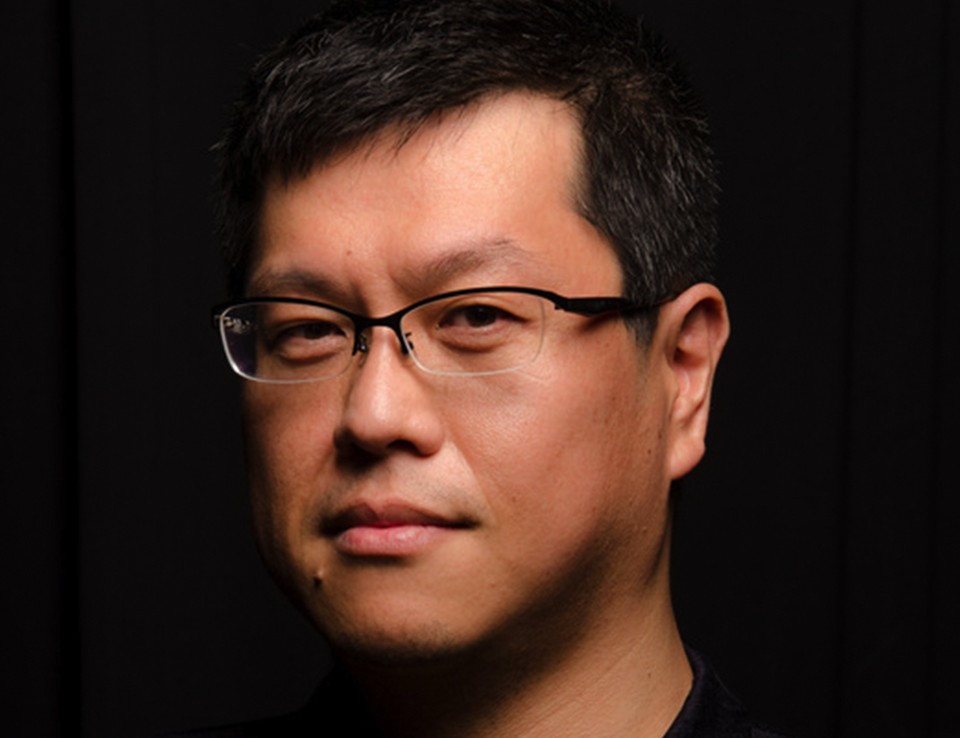Past Semester Schedules
Wed, October 5, 2016
Dinner Program
John Prendergast
Thu, October 6, 2016
Dinner Program
Andrew Walder
Mon, October 10, 2016
Dinner Program
Brandi Hoffine ’06 and Michael Shear ’90
Wed, October 12, 2016
Dinner Program
Andrew Busch, Zachary Courser ’99, Charles Kesler, and William Voegeli, panelists
Thu, October 13, 2016
Dinner Program
Student Debaters
Wed, October 19, 2016
Lunch Program
Jane Chang Mi ’00
Thu, October 20, 2016
Dinner Program
Rukmini Callimachi
Mon, October 24, 2016
Dinner Program
Loren J. Samons
Tue, October 25, 2016
Lunch Program
Ilan Wurman '09
Tue, October 25, 2016
Lunch Program
Jeffrey Flory
Tue, October 25, 2016
Dinner Program
Joseph Dauben ’66
Wed, October 26, 2016
Lunch Program
Koji Nakano
Wed, October 26, 2016
Dinner Program
Tony Quinn and Bob Stern, panelists; Ken Miller, moderator
Thu, October 27, 2016
Lunch Program
Linda Cruse

